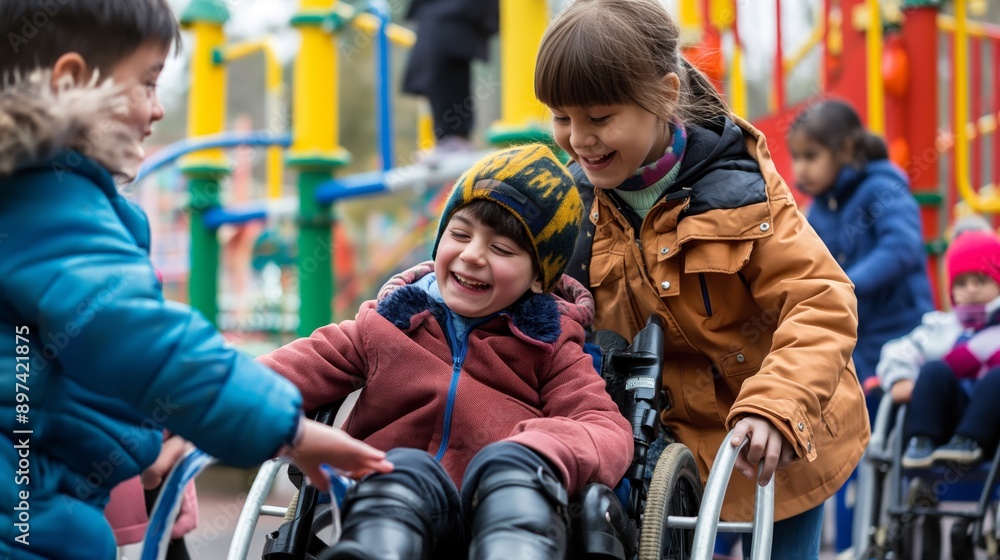
By Hayley Jackson Perez, Extension Educator in Lancaster County
Empathy is the ability to understand and share the feelings of another. Empathy is a fundamental building block for children’s social and emotional development. As parents and caregivers, we play a vital role in fostering this crucial skill in our young children.
Here are some practical tips to help you cultivate empathy in your child:
1. Model Empathy Yourself: Children learn by observing, so be a role model. When you see someone struggling, express your concern and offer assistance. You should also be open to talking about your own feelings, both positive and negative. This helps children understand that emotions are a normal part of life and that it is helpful to talk about how they are feeling with those around them.
2. Engage in Emotion-Focused Conversations: Regularly discuss emotions with your child. Ask questions like, “How do you think your friend felt when you took their toy?” or “What do you think makes your baby sister cry?” With older children, you can also encourage your child to identify and label their own emotions, as well as the emotions of others.
3. Read Books Together: Choose books to read with your child that explore different emotions and situations. After reading, discuss the characters’ feelings and how they handled their emotions. Ask open-ended questions to encourage your child to think critically about the story. If you would like examples of questions to ask and books to read, visit http://child.unl.edu/read4resilience. Read 4 Resilience is a project by the Early Childhood Extension Team at the University of Nebraska that provides Storybook Guides for a number of children’s books. The guides include questions you can ask your child while reading the book, as well as ideas for activities that extend the learning experience.
4. Practice Perspective-Taking: Help your child understand that others may have different experiences and viewpoints. One way to do this is to play games that involve role-playing different scenarios. You can also encourage your child to consider how their actions might affect others.
5. Encourage Acts of Kindness: Help your child find ways to help others, such as sharing toys, volunteering or donating to a charity. Whenever your child engages in an act of kindness, celebrate with them! You can also talk about the positive impact that their kind action had on others around them.
Remember, building empathy is a gradual process. Be patient and consistent in your efforts. By incorporating these strategies into your daily interactions, you can help your child develop a strong foundation for empathy that will benefit them throughout their life.